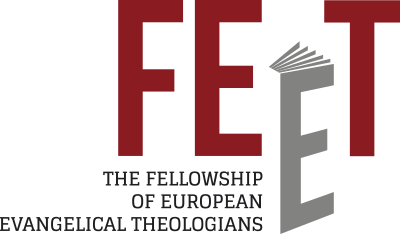Deadly Verbosity?
Wandering the streets of Lutherstadt Wittenberg at the FEET Conference last year, I was struck by the many plaques that celebrated famous Protestants who had, at some time or another, lived in the city. I remember the memorial to Paul Gerhardt and another to Count Nicolaus Zinzendorf….
I have recently been dipping into the writings of Johann Arndt and Gerhard Tersteegen. Arndt, Tersteegen, Gerhard and Zinzendorf lived in an era when the vivifying and transforming effects of Luther’s rediscovery of justification by faith had ossified. Theological endeavours were increasingly hair-splitting and devoid of life. The scholars (and the pulpits) of their ‘day’ were well-rehearsed in knowledge about God, but it was questionable whether any living encounter with God lay behind their informed but abstruse distinctions and debates.
Scarcely anti-intellectuals, these men consistently attacked a theology divorced for spirituality. For them, the Scriptures are the means by which we encounter God in and through the Word of God. Such involves not simply a new philosophy but a transformed life, fired by the love of God between the lover and the loved. It involves what Jonathan Edwards called ‘the religious affections’. Indeed, they argued, theology cannot be properly undertaken, we cannot know authentically about God, outside of such a relationship.
I recall asking myself years ago what I meant when, as an Evangelical, I spoke about a personal relationship to Jesus. Asking that question prompted a lasting and ongoing search. I have also often had pause to reflect upon the increasingly abstract (and dare I say largely irrelevant) productions of Evangelical scholarship.
So here is my challenge. As a theologian, am I growing in my knowledge of God as fast as my knowledge about biblical and theological matters? Indeed, are my endeavour perverse and even pathological; leading me away from the one my heart desires? It is a question, I venture to suggest, that all of us need to ask!

